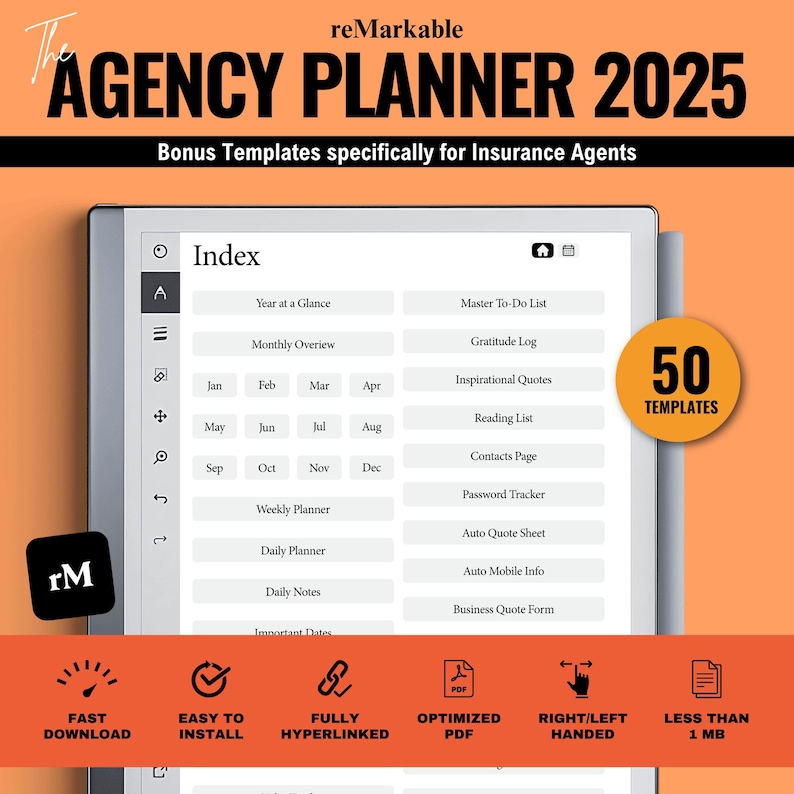Choosing the right auto insurance provider is a crucial decision that can significantly impact your financial security and peace of mind on the road. With so many options available, it’s easy to feel overwhelmed by the variety of coverage plans, pricing structures, and customer service reputations. In this article, we’ll break down the key factors you should consider when selecting an auto insurance provider, helping you make an informed choice that offers the best protection tailored to your needs. Whether you’re a new driver or looking to switch providers, understanding these essential elements will ensure you get the coverage you deserve without unnecessary hassle.
Table of Contents
- Understanding Coverage Options and Policy Flexibility
- Evaluating Customer Service and Claims Handling Efficiency
- Comparing Pricing Structures and Discount Opportunities
- Assessing Financial Stability and Industry Reputation
- The Way Forward
Understanding Coverage Options and Policy Flexibility
When evaluating auto insurance providers, it’s crucial to dive deeper into the variety of coverage options they offer. A comprehensive plan goes beyond the mandatory liability coverage, encompassing protection types such as collision, comprehensive, uninsured motorist, and personal injury protection. Each of these coverages caters to different scenarios, ensuring that your policy aligns perfectly with your unique driving habits and risk profile. Look for insurers who provide clear explanations and customizable packages, allowing you to tailor your policy to balance cost and protection effectively.
The flexibility of a policy often plays a significant role in its long-term value. Consider whether the provider allows you to adjust your coverage as your needs evolve, such as adding new drivers, changing vehicles, or altering coverage limits without cumbersome procedures. Additionally, look for options like payment plan adjustments, bundling discounts, and the possibility of policy renewal with updated terms. Providers emphasizing adaptability help foster a smoother experience throughout the life of your policy, making it easier to maintain optimal coverage without unnecessary stress or penalties.
- Variety of coverage options: Liability, Collision, Comprehensive, etc.
- Customization: Tailor coverage limits and add-ons.
- Policy adjustments: Easy updates for life changes.
- Payment flexibility: Multiple payment options and bundling benefits.
Evaluating Customer Service and Claims Handling Efficiency
When assessing an auto insurer, customer service quality often reveals how the company prioritizes its clients. Prompt, clear communication is key—providers who quickly return calls, offer multiple contact methods, and provide knowledgeable representatives typically foster stronger customer satisfaction. Reading through customer reviews and testimonials can give insight into real-life experiences with the insurer’s support teams, helping you gauge the responsiveness and professionalism you can expect.
Efficient claims handling is equally critical. Look for insurers that simplify the claims process through digital tools like online claim filing, status tracking, and quick settlements. A transparent, fair approach to claim evaluations not only minimizes stress during difficult times but also reflects a commitment to integrity. Important indicators include:
- Average claim processing time—fast turnaround means less downtime for repairs and reduced frustration.
- Claims dispute resolution—effective resolution mechanisms signal trustworthy handling.
- Availability of assistance—24/7 support ensures help whenever it’s needed, especially after accidents.
Comparing Pricing Structures and Discount Opportunities
When evaluating auto insurance options, understanding the nuances of pricing structures is essential to find a plan that fits your budget without compromising coverage. Many providers offer tiered premium rates based on factors such as driving history, vehicle model, and location. Beyond base premiums, some insurers utilize usage-based pricing or mileage discounts, which can substantially lower costs for drivers who use their cars less frequently or maintain safe driving habits. To optimize your choice, carefully examine the fine print for any hidden fees, administrative charges, or refund policies tied to the payment schedule.
Discount programs can significantly influence the overall cost-effectiveness of your auto insurance. Common opportunities include bundles that combine auto with home or renters coverage, loyalty incentives, and safe driver rewards. Additionally, specific discounts often cater to students, military personnel, and those with advanced safety features installed in their vehicles. To ensure you capitalize on these savings, compile a list of all available discounts and verify eligibility criteria with your insurer before making a final decision. Leveraging these offers can lead to substantial savings without sacrificing crucial protection.
- Bundled policy discounts (auto + home)
- Safe driver and no-claims rewards
- Low-mileage and usage-based discounts
- Student, military, and senior driver programs
- Vehicle safety feature incentives
Assessing Financial Stability and Industry Reputation
When selecting an auto insurance provider, verifying their financial stability is crucial to ensure they can fulfill claims without delay. A company’s financial health often reflects its ability to handle large-scale claims during unforeseen events like natural disasters. Look for industry-recognized ratings from agencies such as A.M. Best, Standard & Poor’s, or Moodys. These ratings offer an independent assessment of an insurer’s fiscal strength and ability to meet ongoing financial obligations. Opting for a provider with robust financial standing can provide peace of mind, knowing your coverage will remain reliable when you need it most.
Equally important is gauging a provider’s reputation within the industry and among its customers. A company with consistent positive reviews and strong customer service records demonstrates its commitment to client satisfaction and ethical business practices. Consider factors such as complaint ratios, claim settlement speed, and transparency in policy terms. Exploring testimonials and professional endorsements can also highlight a provider’s trustworthiness and responsiveness. Remember, a reputable insurer not only safeguards your vehicle but also offers supportive service during stressful situations.
- Check financial strength ratings from trusted agencies.
- Review customer feedback and complaint histories.
- Assess claim processing efficiency and transparency.
- Look for industry awards or recognitions for service quality.
The Way Forward
Ultimately, selecting the right auto insurance provider is about finding a balance between coverage, cost, and customer service that fits your unique needs. By carefully evaluating factors like policy options, claims handling, reputation, and discounts, you can make a well-informed decision that provides peace of mind on the road. Remember, your auto insurance is not just a legal requirement—it’s a critical safeguard for you and your vehicle. Taking the time to choose wisely will ensure you’re protected today and prepared for whatever the road ahead may bring.






